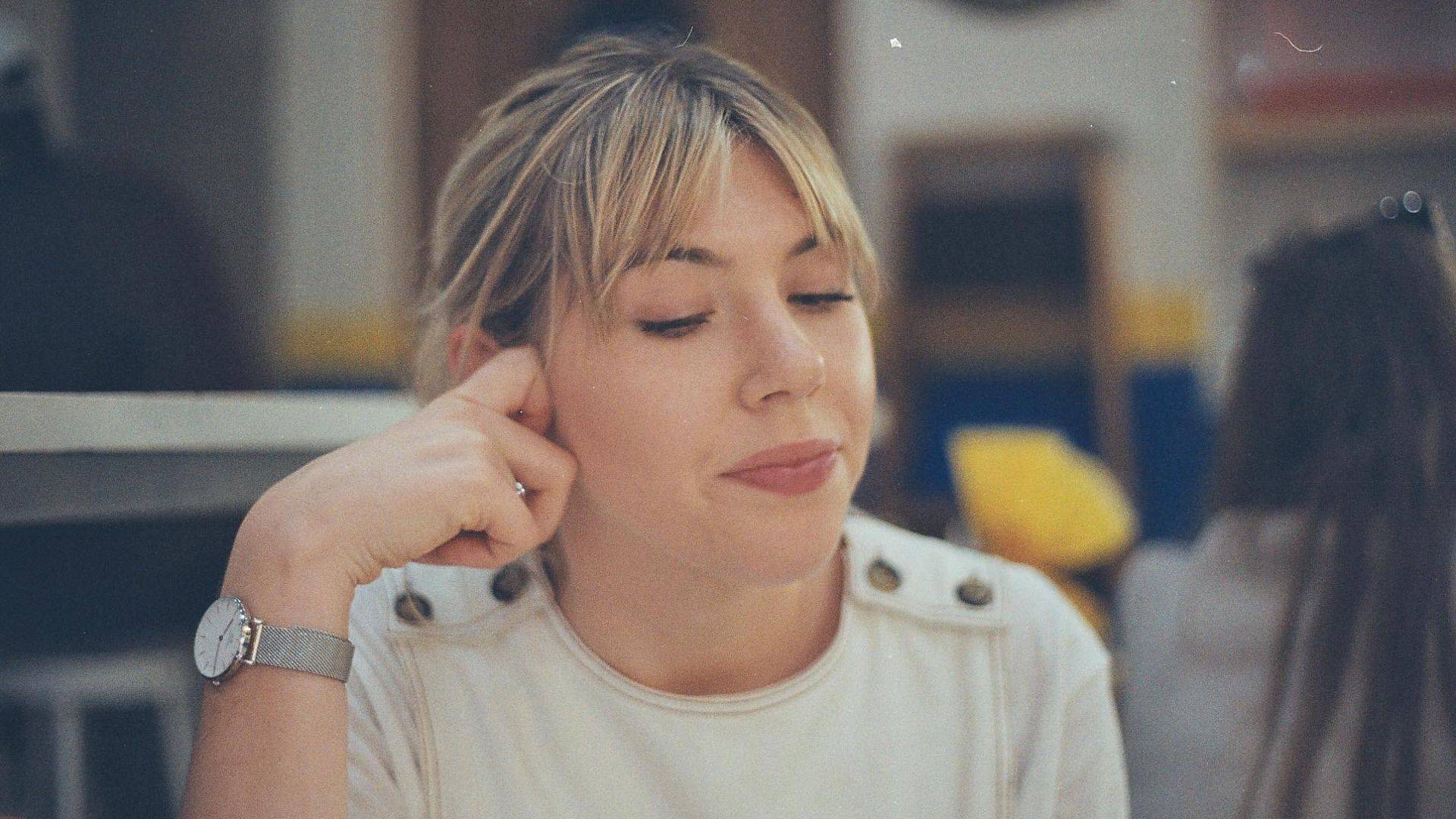A Love Letter To The ‘90s

As writers, it’s easy to look back at the years through rose-tinted lenses, coating sentences in hyperbole to add meaning to memories of bygone time. That being said, when it comes to the ’90s, all of these nostalgic sentiments are justified, for it is, in my opinion, the greatest decade of the 20th century.
Look, we all adore the ’80s, but come on: can we sincerely argue for the era that brought us leg warmers and Reaganism over the decade of ripped denim and Rage Against The Machine?
From a music lover’s standpoint, the ’90s were nothing short of revelatory. Technology was evolving at rate faster than ever, and genres that once existed as fringe fandoms were adopted en masse by mainstream audiences, with the boundaries that separated them becoming increasingly blurred and harder to distinguish by the day.
One such movement – and perhaps the most pivotal of the era – came at the dawn of the decade when America’s alternative boom reached its peak. Spearheaded by guitar-slinging groups from the Pacific Northwest like Nirvana, Soundgarden, Hole and Pearl Jam, the genre’s despondent lyrics and distorted riffs resonated with teenage listeners quite like nothing else at the time.
Sure, grunge was angry, ugly and raw, but most importantly, it was real. After witnessing a whole generation of bands purse their lips and pose for the camera the decade before, the authenticity of the alternative movement proved to be a saving grace for many a weary listener, and its screw-you attitude would become a key cultural ethos for the era as a whole.
But ‘90s alt-rock wasn’t all about doom and gloom. Groups like Sublime, Lenny Kravitz and the Red Hot Chili Peppers charmed audiences with their spruced-up takes on funk, ska and psychedelic music, while just north of the border, a 21-year-old Alanis Morissette struck big with her infectious take on the genre on 1995’s Jagged Little Pill – a record that would sell 33 million copies and boot down the door for pop-rock as we know it today.
Across the Atlantic, the United Kingdom was experiencing a rock revival of its own. Slowdive and My Bloody Valentine kicked off the decade with their ethereal, effects-drenched take on alt-rock and inspired a generation of shoegazers in their wake, while the jangly onslaught of Britpop saw the likes of Blur, Supergrass and Oasis later dominate the airwaves.
Around this time, a little band known as Radiohead also began to attract acclaim for their own mopey, technophobic brand of guitar rock, and would nearly single-handedly bring an end to the genre thanks to the rampant success of their 1997 opus OK Computer – although we all know how that would later pan out for them.
As alternative rock lit the bellies of America’s youth, hip-hop continued to emerge as its own cultural entity, escaping its urban upbringing and making its way further across the globe.
On the West Coast, artists like Dr. Dre, Snoop Dogg and 2Pac pillaged from old school funk to usher in a hazy new take on the genre, while the likes of Nas, A Tribe Called Quest, The Notorious B.I.G and Wu-Tang Clan rose from the boroughs of NYC to build upon the legacy set by their forefathers.
Meanwhile, a young Jay-Z would continue to hone his lyrical craft in between flipping packs of cocaine on the streets of Brooklyn, and in Atlanta, Big Boi and André 3000 would unite as Outkast to prove that the South also had something to say – and boy, did they ever. Rap was just beginning to hit its stride, and listeners were lapping it up.
Around the globe, dance music continued to evolve beyond its Detroit roots, with styles like hardcore, breakbeat, garage and jungle emerging in sweaty clubs and addicting moon-eyed ravers in their droves.
The big-room sounds of The Prodigy, Daft Punk and The Chemical Brothers blasted through festival tents around the world, with the more obtuse sounds of Aphex Twin and Squarepusher providing an antidote for those dismayed by the genre’s sudden embrace by the mainstream.
Of course, there was plenty to regret about the ’90s too – after all, it is the decade that gave birth to nu-metal, and the wave of radio rock and boy bands that followed grunge will surely haunt us for eternity. However, as hard as Fred Durst may have tried, nothing will tarnish the ’90s legacy as being the greatest musical decade of the old millennium – long may it linger in our memories.
Written by Will Brewster, a Melbourne-based writer and producer. Follow him on Twitter @_willbrewster.
Watch Back & Beyond on MTV (Foxtel: 122, Fetch: 104 and Sky: 015) and MTV Hits (Foxtel: 801, Fetch: 237 and Sky: 022) every Saturday in August.
More good stuff:
Listen to MTV Sounds on iHeartRadio





